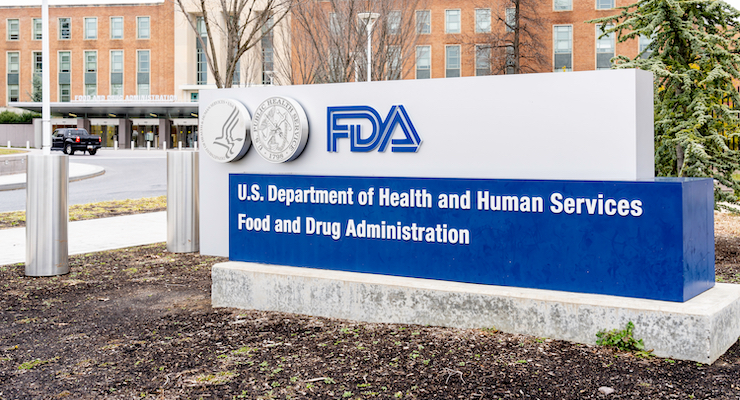Market Updates, Regulations
AHPA Requests FDA Take a New Approach on Produce Regulation Affecting Herbs
Many herbs are subject to the same requirements as vegetables which are eaten raw.

By: Mike Montemarano

In comments submitted to the U.S. Food and Drug Administration (FDA) last Friday, the American Herbal Products Association (AHPA) requested structural revisions to a list of crops that the agency has determined are “rarely consumed raw,” otherwise known as the RCR list.
Foods on the RCR list are exempted from the provisions of the Standards for the Growing, Harvesting, Packaging, and Holding of Produce for Human Consumption regulation, commonly known as the Produce Safety Rule.
Last year, FDA sought information and comments on produce commodities that had low or no reported consumption in certain federal databases. These commodities had been broadly excluded from the RCR list, which only covers 34 crops at the moment. That’s because foods which are considered “rarely consumed” are treated as if they are eaten raw, even if those certain crops cannot be eaten raw by humans.
“AHPA is concerned that the scope of the current Produce Safety Regulation – that is to say, what crops are included and what crops are excluded – is not consistent with Congressional intent; applies to the production and harvesting of many crops that are not, in fact, produce, as that term was used in Section 105(a) of the [Food Safety Modernization Act],” AHPA wrote in its comments, noting that many crops are burdened despite being low risk and not posing a risk of serious adverse health consequences or death. “The current rule at best imposes significant paperwork burdens, and at worst imposes significant practical and economic burdens, on farmers whose crops present little to no public health risk because any food safety issues they pose are routinely addressed by commercial processing in accordance with 21 C.F.R. Part 117 or by cooking prior to consumption.”
“These comments respectfully emphasize the problems at the core of building an ‘exhaustive’ list of foods that are rarely consumed raw,” AHPA president Michael McGuffin said. “The current RCR list inappropriately burdens farmers of many minor crops, and reforms such as those presented in AHPA’s comments are needed to achieve the regulatory priorities that Congress sought in passing the Food Safety Modernization Act.”
AHPA encourages the development of an exhaustive list of all produce subject to the Produce Safety Rule, with attention to raw consumption evidence available from multiple federal databases, rather than the current presumption that rarely consumed vegetables are consumed raw. Because the current RCR list is not exhaustive, it shouldn’t be considered such if maintained, AHPA said.
Further, AHPA calls for an expansion of the definition of “produce,” with an ongoing process for FDA to receive data and recommendations to add crops to the set of exempted commodities as consumption trends change. The organization identified several individual species and categories that should be exempted from the produce safety rule requirements because they cannot be eaten raw, such as dry legumes, the herb Colocasia esculenta, and all parts and fruits of the olive tree. As it stands, every botanical crop that may ever enter the food supply currently falls under the scope of “produce.”


